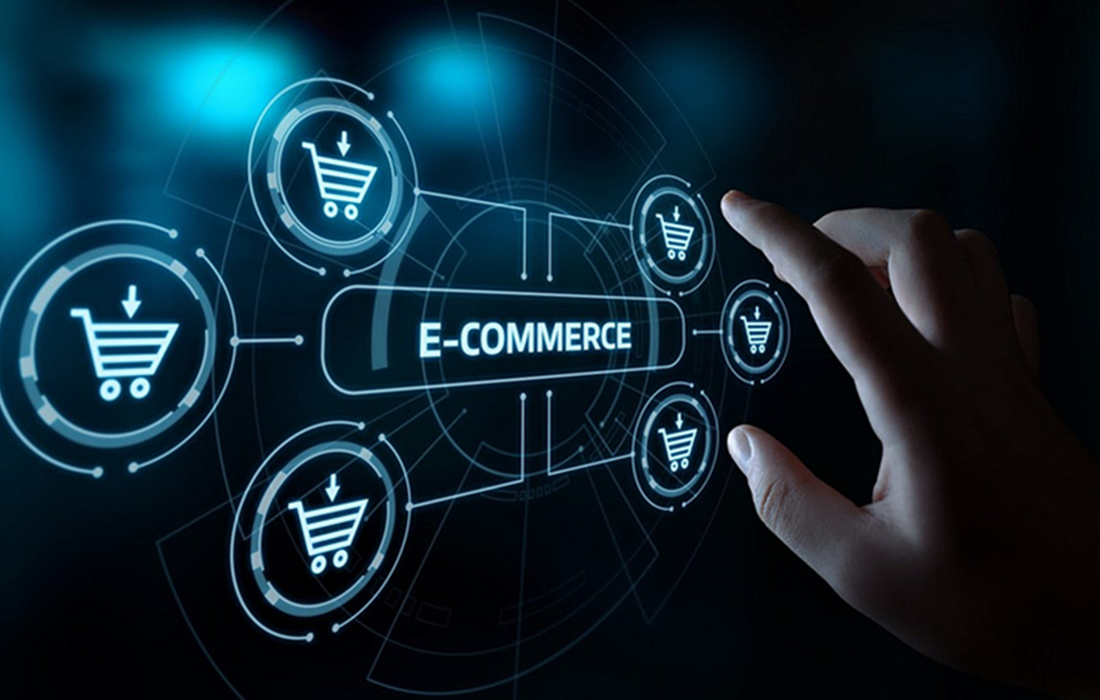E-commerce, at its core, is about transacting business online. It encompasses a wide range of business models, from B2C (business to consumer), where businesses sell directly to consumers, to B2B (business to business), where businesses sell to other businesses. The common thread that binds these models is the use of the Internet as a medium for transactions.
One of the key drivers of E-commerce is convenience. In today’s fast-paced world, consumers value the ability to shop anytime, anywhere. E-commerce platforms cater to this demand, offering a 24/7 shopping experience that brick-and-mortar stores simply cannot match. Additionally, they provide consumers with the ability to compare products and prices, read reviews, and make informed decisions.
From a business perspective, E-commerce offers significant advantages. It allows businesses, irrespective of their size, to reach a global audience. It reduces overhead costs associated with physical stores and offers valuable data about consumer behavior, which can be leveraged to improve products and marketing strategies.
However, E-commerce is not without its challenges. Issues such as data security, digital payment fraud, and logistical complexities pose significant hurdles. Businesses venturing into E-commerce must invest in robust security measures, efficient delivery systems, and exceptional customer service to succeed in this competitive space.
E-commerce represents a paradigm shift in the world of business. It offers immense opportunities and challenges, and businesses that can adapt and innovate in this digital marketplace are likely to emerge victorious. As the world continues to digitize, the importance and influence of E-commerce will only grow.

Hi~Living Deals from "NewBalance.com"









